How do you place tariffs on the intangible? The United States is engaged in a trade war, and the rest of the world is scrambling on how to repudiate a country that imports more than it exports. British media personality Alan Sugar lamented on the London Broadcasting Company (LBC) that America doesn’t import enough goods to the UK that they could place punitive tariffs on.
For at least a century now, America’s greatest export has been Black American culture. It has created a lure around the country that remains a strong pull despite the unpredictability of an ever-changing demographic.
The development of the blues out of the Mississippi Delta in the late 1800s became the basis of modern music, but the Harlem Renaissance reaching Europe is likely the start of Black American global impression. Entertainers like Josephine Baker and Duke Ellington introduced jazz and ragtime to the City of Lights.
In 1924, West Virginia native Ada “Bricktop” Smith opened a nightclub in Paris called Chez Bricktop and opened additional locations in Mexico City and Rome. Her spots were a hub for the latest in Black American culture, hosting the likes of Edward VIII, F. Scott Fitzgerald, Marlene Dietrich, Elizabeth Taylor, and more.
Jesse Owens’ performance at the 1936 Summer Olympics dealt a blow to Hitler’s Germany and remains a shining moment of American valor, but all the while Black Americans were back in the United States experiencing their own state sanctioned horrors.
As Hitler’s authoritarianism continued to spread, the United States joined the Allies during World War II. Thousands of Black American soldiers were stationed in Britain; while the British were still taken with ragtime, the soldiers introduced them to the blues. From there, the likes of Son House, Muddy Waters, and more began to influence the British youth.
Vinyl recordings made it easier to stay abreast of musicianship, but the advent of television showed Black American showmanship. The likes of Little Richard and Chuck Berry created a feverish viewing experience, which, of course, was made more palatable with the ascension of Elvis Presley.
When four boys from Liverpool, England formed the Beatles, the first American record label they signed to was the Black-owned Vee-Jay Records in Chicago. A contract dispute with Capitol Records (which was no fault of the Beatles) barred Vee-Jay from reaping the benefits of the investment, but it sparked the British Invasion. From there, England found a musical identity after virtually having none during the first half of the 20th century. You can learn more about that in our YouTube video “How Black Americans Introduced the Beatles to America: Vee-Jay Records” below.
The thawing of the Cold War in the 1980s allowed American imagery to be promulgated to new heights. Michael Jackson enjoyed commercial success as a child prodigy, but his landmark album Thriller turned him into a global phenomenon. His innovative music videos in turn elevated MTV around the world.
Michael Jordan and his partnership with Nike helped to globalize the NBA. His Air Jordan persona–a mix of his Bronx beginnings and North Carolina grind–continues to be imitated.
The dominance of Serena Williams solidified America as a force in tennis and redefined the prototype of a tennis player.
Today we see K-Pop has sterilized hip-hop and R&B, interpreting them more as a science than an art. Still, they have repackaged these elements to build a dedicated fanbase.
We left a slew of other influences untapped, like the teachings of Martin Luther King, Jr. and James Baldwin, the brilliance of Motown, Whitney Houston’s virtuosity, fashion trends, and presence in television, film, and now social media.
But throughout the years, we have seen few dividends for the influence. We all need to be aware of what affects our country and our world, but now is a good time to see how Black Americans can address our own trade deficit.
This Week in History
April 9, 1950: Juanita Hall becomes the first Black thespian to win a Tony
Hall won the Tony for Best Supporting Actress for her portrayal of Bloody Mary in the Rodgers and Hammerstein play South Pacific. She was also the first awardee in the category. She went on to develop a working relationship with Rodgers and Hammerstein, including them handpicking her for a role in Flower Drum Song, and found acclaim in New York City’s jazz and blues circuit.
April 14, 1885: Flournoy Miller is born
Miller was one of the premiere Black playwrights of his generation, co-writing the milestone Broadway play Shuffle Along. He attended Fisk University and met Aubrey Lyles. The two became creative partners and wrote and performed in a variety of vaudeville and Broadway shows. He wrote for radio shows such as Amos ‘n’ Andy and was instrumental in the origins of Black Hollywood with films like The Bronze Buckaroo.
Music Momentos
April 12, 1975: “L-O-V-E (Love)” by Al Green reaches #1 on the Billboard Hot Soul Singles chart
Al wrote many of his early hits alongside Willie Mitchell. Willie recalled how Mabon “Teenie” Hodges contributed to the song, saying, "Me and Al had written the song and Teenie came by. He said, 'Man I like this song,' so I said, 'Well take it home and write me... eight bars [for the middle],' so when he brought it back, we inserted that into 'L-O-V-E' and that was it."
April 13, 1985: “Back in Stride” by Maze featuring Frankie Beverly reaches #1 on the Billboard Hot Black Singles chart
Shockingly, this was the group’s first #1 on the R&B charts.
What Has Us Hyped This Week
April 8: Confessions of a Female Founder premieres
Meghan, Duchess of Sussex is back on the podcast scene. The show centers around the high and lows of female entrepreneurship.
April 10: G20 premieres on Amazon Prime Video
Viola Davis stars as President Danielle Sutton, who is tasked with defending her family and the free world when terrorists attack a G20 summit. Anthony Anderson and Marsai Martin portray the First Gentleman and First Daughter, respectively.
April 13: Godfather of Harlem season four premiere on MGM+
Forest Whitaker is back as Bumpy Johnson deals with the aftermath of the assassination of Malcolm X, his daughter’s involvement with the Black Panthers, and new players infringing on Harlem’s turf.
Closing Thoughts
If you haven’t already, be sure to subscribe to our YouTube channel! We cover moments in Black American history, as well as current events.
Considering it is tax season, check out one of our previous videos where we unpacked the art and the angst of Marvin Gaye. Marvin battled the IRS during his lifetime and managed to make it, along with his other complex views of the American government, an elegant component of his artistry.
See you soon!


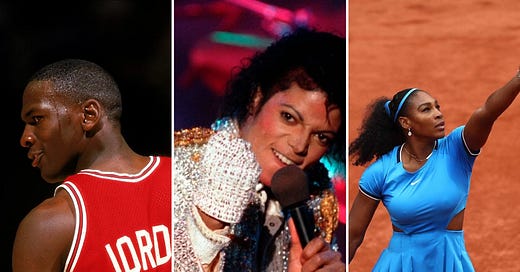



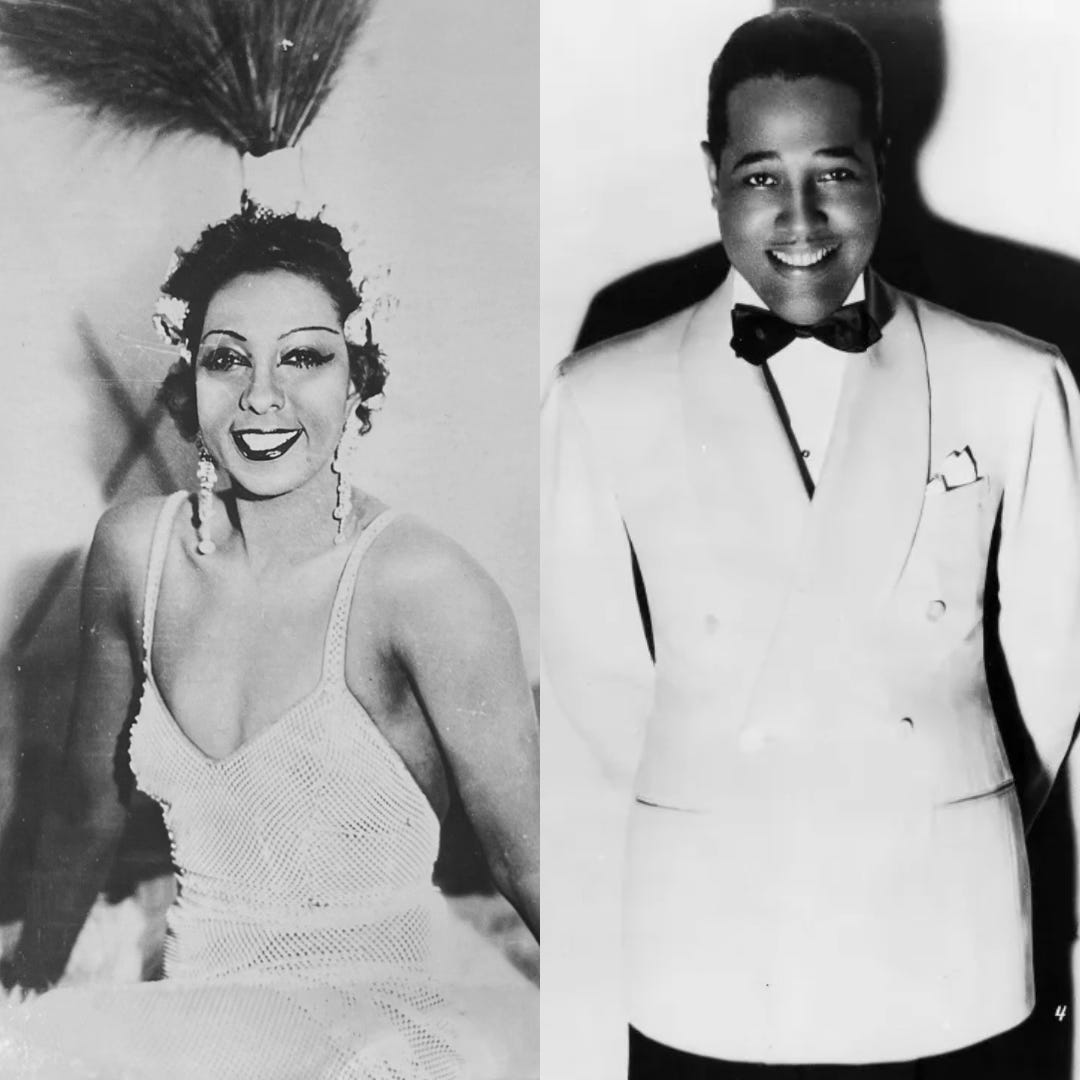

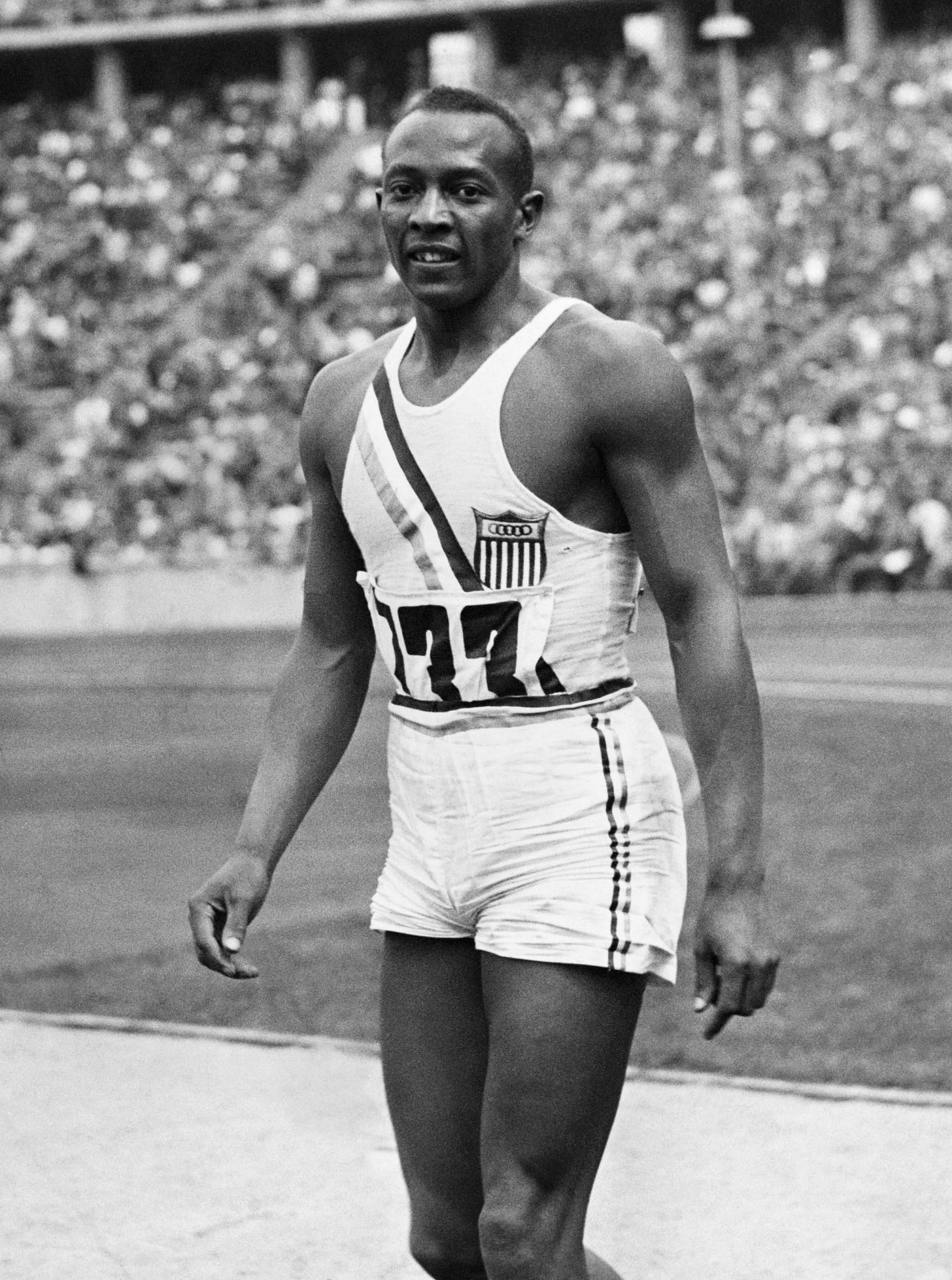
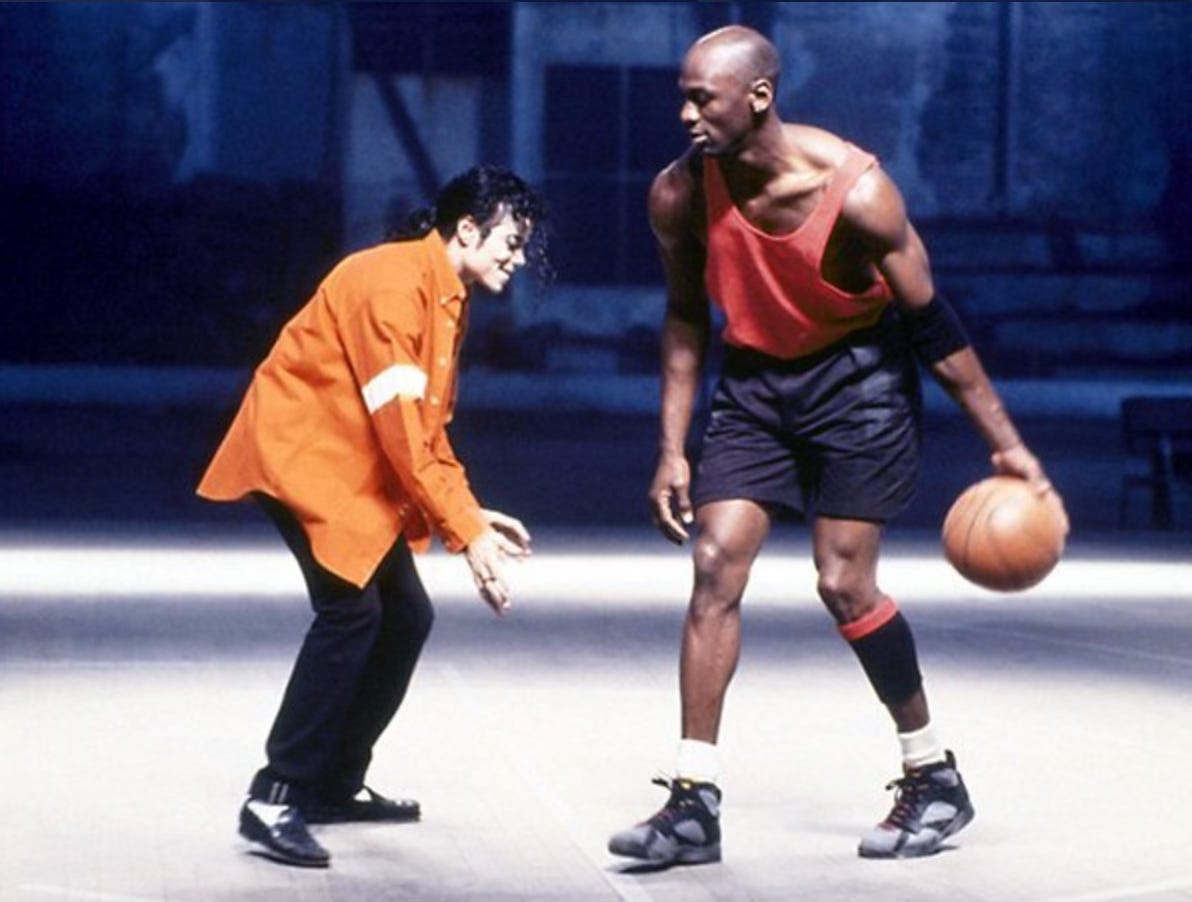

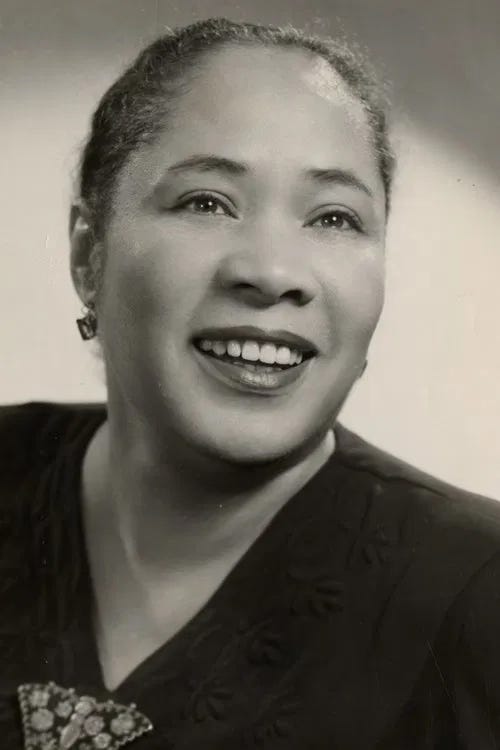
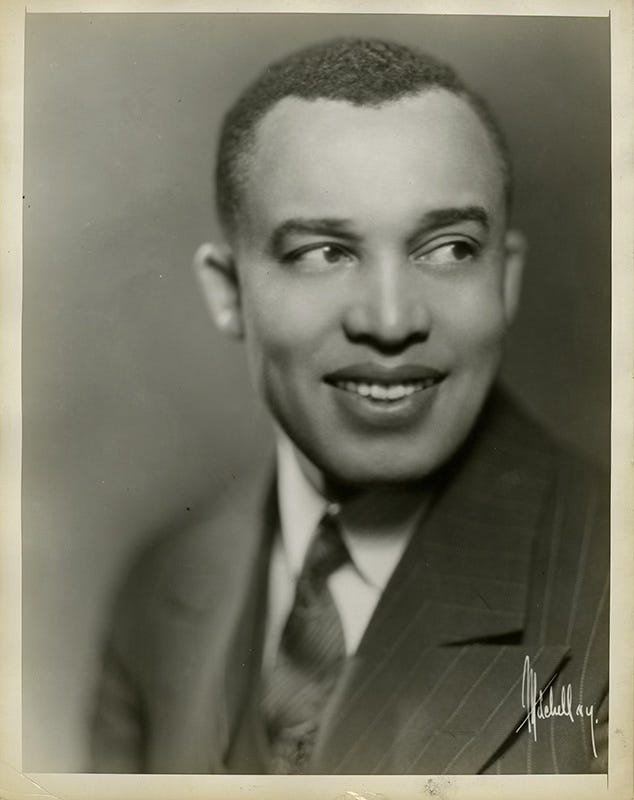

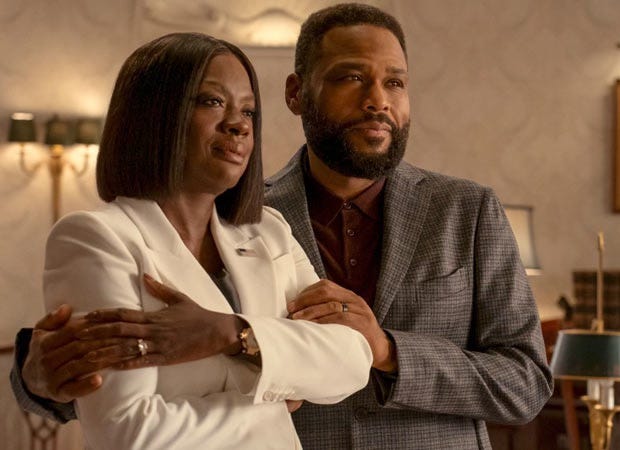

Very informative reading. Always look forward to your updates Black Americana Media! Thank you